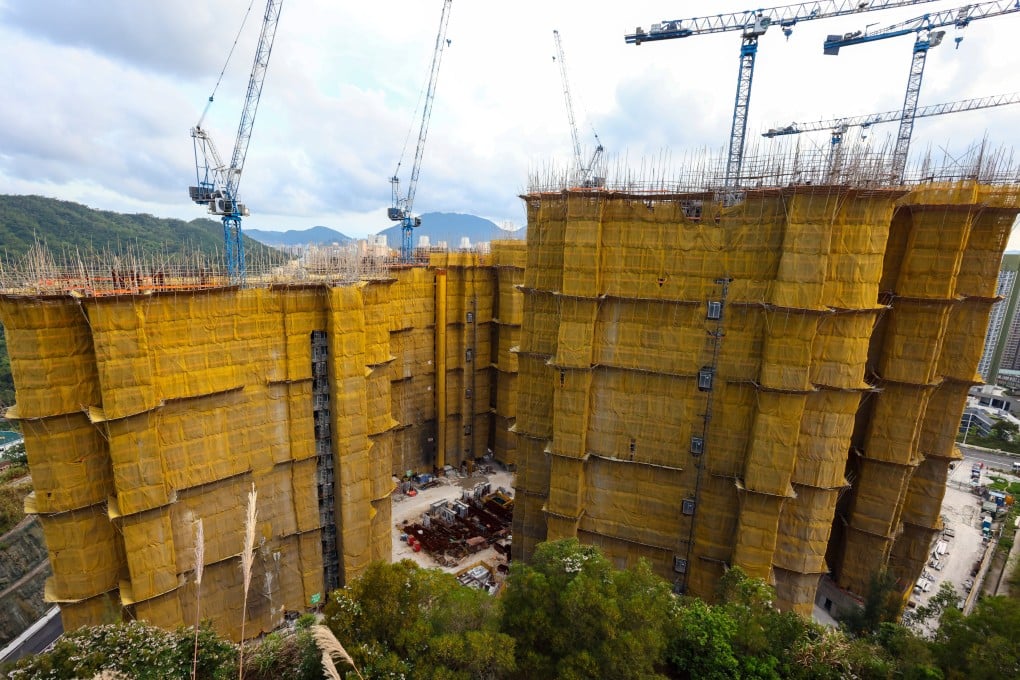10 arrested in Hong Kong in bribery case centred on CK Asset development
ICAC alleges that subcontractors offered site supervisors perks in exchange for lax oversight of steel rebar work on Anderson Road project

At the centre of the controversy is CK Asset’s Anderson Road project in Kwun Tong, which consists of six residential towers providing 2,926 flats, including about 1,000 that are designated under a “starter homes” pilot scheme for Hong Kong residents.
The ICAC said individuals from steel reinforcement work subcontractors allegedly provided illicit incentives to site supervisors in exchange for lenient oversight of subpar construction practices, deviating from the construction plans approved by the Buildings Department in a bid to maximise profits and save costs.
Incentives included cash in red packets, known as lai see, ranging from thousands to tens of thousands of Hong Kong dollars, a large number of mooncake vouchers, lavish meals at high-end restaurants costing thousands per person, and entertainment at nightclubs costing between HK$20,000 (US$2,560) and HK$30,000 on each occasion, the anti-corruption agency said.
“The resident site supervision staff of the consultancy firm concerned allegedly accepted bribes and falsely represented in the designated forms of the developer that they had conducted quality inspections of the steel reinforcement works, thereby misleading the developer into believing that the works were properly completed,” the ICAC said.